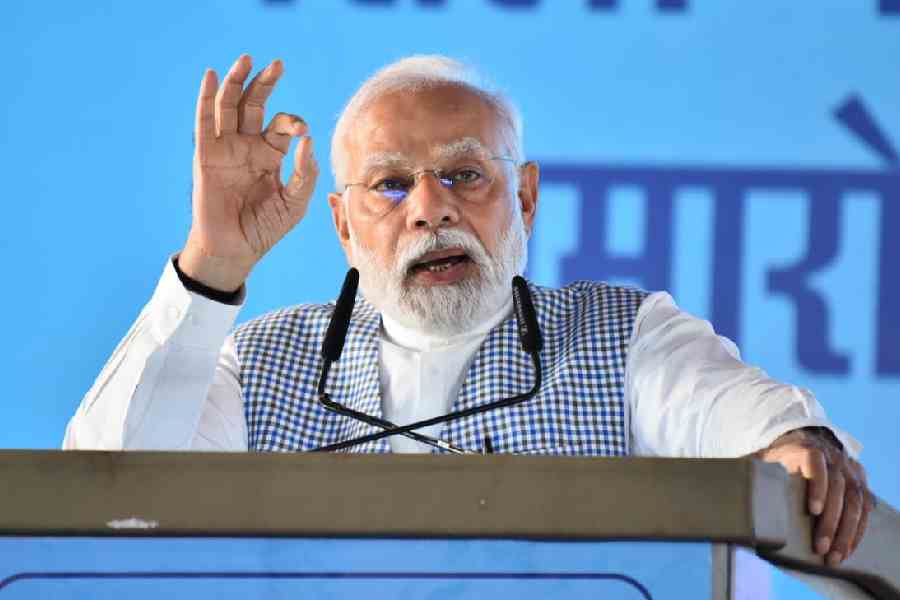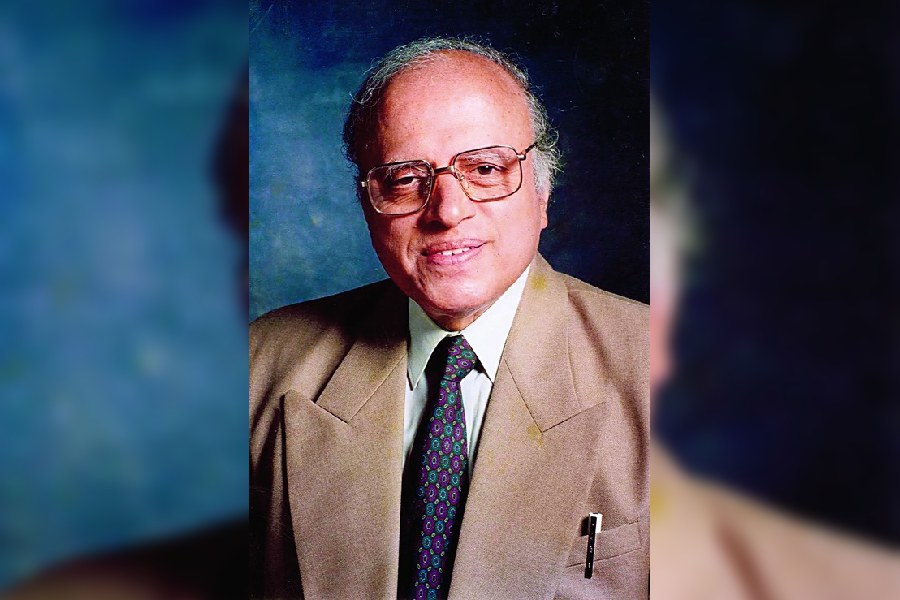Prime Minister Narendra Modi has described green revolution pioneer M S Swaminathan, who died recently, as a true "kisan vaigyanik" (farmers' scientist) for the impact his work has had in the farm fields outside the laboratories.
In a tribute that appeared in several newspapers on Saturday, Modi said the renowned agronomist narrowed the gap between scientific knowledge and its practical application.
"A lot of people call him a "Krishi Vaigyanik" – an Agricultural Scientist. But, I have always believed that he was even more. He was a true "Kisan Vaigyanik" – a Farmers' Scientist. In his heart there was a farmer," he said.
Citing the famous Tamil book 'Kural' to pay respects to Swaminathan, Modi said, "It is written there 'If those who have planned have firmness, they will attain what they have desired the way they have desired.' Here was a stalwart who decided early on in his life that he wants to strengthen agriculture and serve farmers." The book describes farmers as the pin that holds the world together because it is the farmers who sustain everyone and Swaminathan understood this principle very well, Modi said.
Lauding his vision, the prime minister said the world is today talking about millets as super foods but he had encouraged discourse around millets since the 1990s and emphasised on the need for sustainable farming and the delicate balance between human advancement and ecological sustainability.
Swaminathan put special emphasis on improving the lives of small farmers and ensuring that they also enjoy the fruits of innovation, Modi said, adding he was particularly passionate about improving the lives of women farmers.
The prime minister also recalled his personal association with Swaminathan after he took over as Gujarat chief minister in 2001 when the state was not known for its agricultural prowess, with droughts, super cyclone and earthquake impacting its growth trajectory.
Swaminathan appreciated the state's initiatives like the soil health card and gave valuable inputs, Modi said.
"His endorsement was enough to convince those who were sceptical about the scheme which would eventually set the stage for Gujarat's agricultural success," he said.
Swaminathan was offered a faculty position in the US but he rejected it as he wanted to work in and for India, Modi said.
In the challenging circumstances the country faced such as food shortages, Swaminathan stood as a colossus, guiding the nation towards the path of self-sufficiency and self-confidence, the prime minister said.
In the early 1960s, India was grappling with the ominous shadows of famine and it is then that Swaminathan's unyielding commitment and foresight ushered a new era of agricultural prosperity, he said.
His pioneering work in agriculture and specific sectors such as wheat breeding led to a significant increase in wheat production, thus turning India from a food-deficient to a self-sufficient nation, earning him the well-deserved title of "Father of the Indian Green Revolution", the prime minister said.
"Five decades after the Green Revolution began, Indian agriculture has become far more modern and progressive. But, the very foundations laid by Prof. Swaminathan can never be forgotten," he said, while also lauding his pioneering research in combatting parasites affecting potato crops.
Modi said he also stands tall as a paragon of innovation and mentorship and when he won the World Food Prize in 1987, he used the prize money to establish a not-for-profit research foundation.
"He has nurtured countless minds, instilling in them a passion for learning and innovation. In a rapidly changing world, his life reminds us of the enduring power of knowledge, mentorship, and innovation. He was an institution builder as well," the prime minister said.
"We must also keep reaffirming our commitment to the principles he held dear, championing the cause of farmers and ensuring the fruits of scientific innovation reach the roots of our agricultural expanse, fostering growth, sustainability, and prosperity for generations to come," he added.
Swaminathan (98) passed away on September 28 at his residence in Chennai.
He was a recipient of Padma Shri in 1967, Padma Bhushan (1972) and Padma Vibushan (1989). He was a nominated member of Rajya Sabha during 2007-2013.
Except for the headline, this story has not been edited by The Telegraph Online staff and has been published from a syndicated feed.












